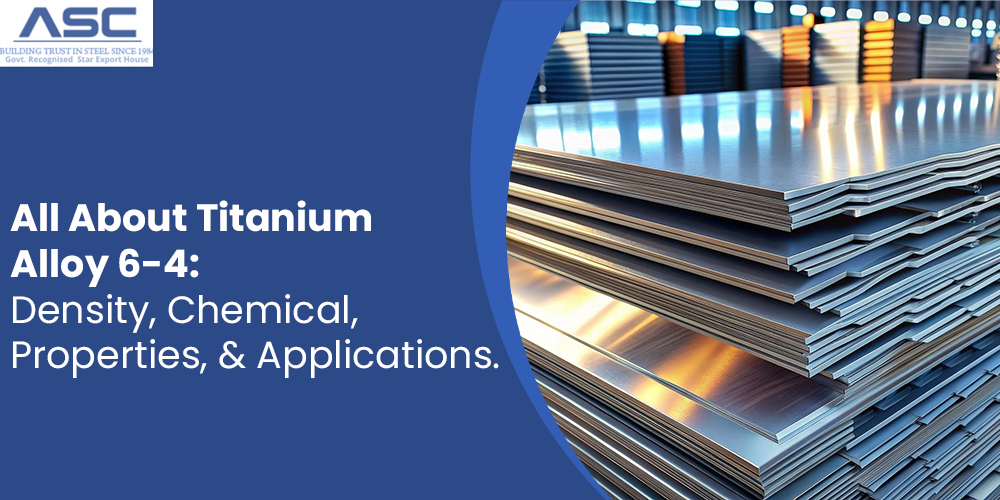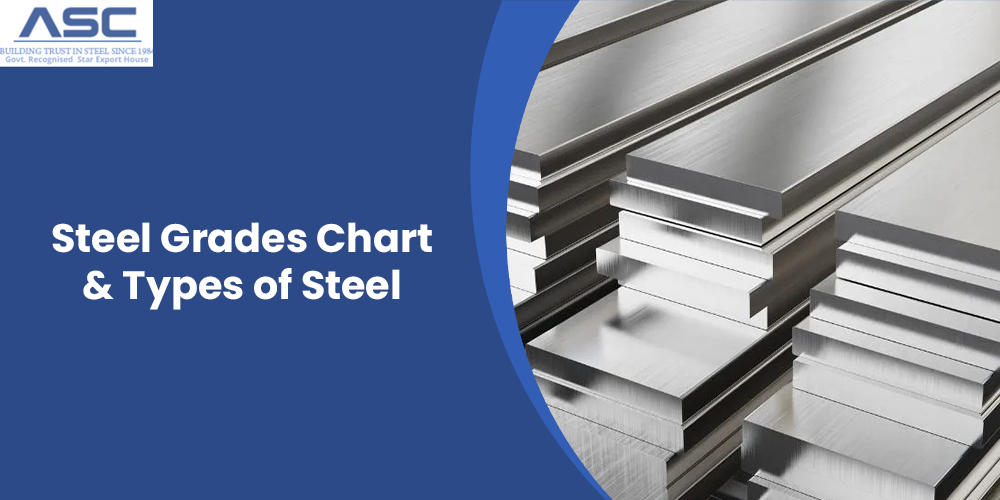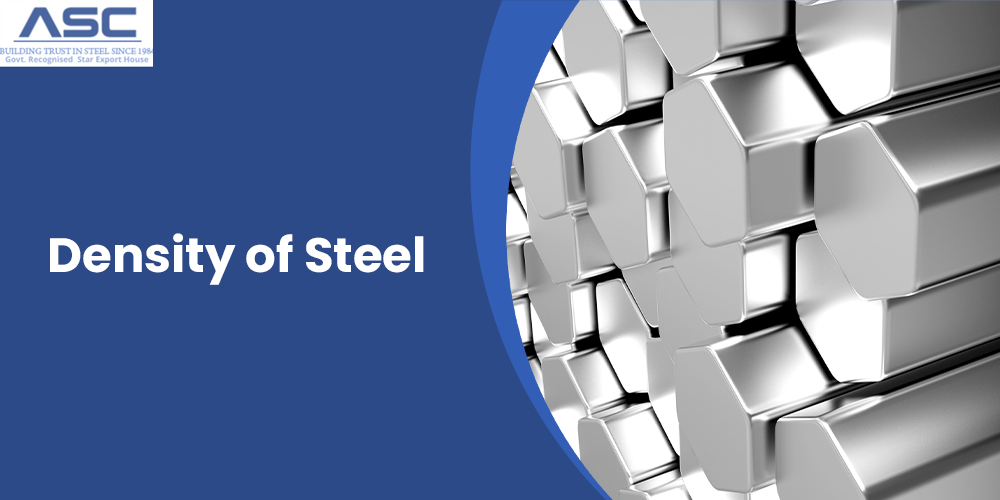All About Titanium Alloy 6-4: Density, Chemical, Properties, & Applications
by AMC
Posted on August 17, 2024 at 12:40 PM

Titanium Alloys play a crucial role in modern engineering due to their unique combination of strength, light weight, and resistance to corrosion. Among these, titanium alloy 6-4, also known as grade 5 titanium alloy, Ti-6Al-4V, or 6Al-4V titanium, is particularly notable for its versatility. This alloy is the most widely used, making up nearly half of all titanium applications globally. Its range of uses is extensive, from automotive parts like exhausts and springs to medical devices such as joint implants.
This article will explore titanium alloy 6-4, including its definition, history, properties, and various applications.
What Is Titanium Alloy 6-4?
Titanium alloy 6-4, also known as grade 5 titanium, is a highly regarded material in the titanium industry due to its outstanding properties. This alloy, often referred to as Ti-6Al-4V, is a combination of aluminum and vanadium, where aluminum stabilizes the alpha phase and vanadium stabilizes the beta phase. The composition typically includes 5.5–6.75% aluminum, 3.5–4.5% vanadium, with the balance being titanium.
Titanium alloy 6-4 is known for its excellent mix of high strength, rigidity, corrosion resistance, and low density. These qualities make it ideal for applications in the aerospace, automotive, and medical industries. Its widespread use in these fields has contributed to the development of lighter, more efficient, and safer products.
Who Invented Titanium Alloy 6-4?
Titanium alloy 6-4 was developed in 1951 by Stan Abkowitz, a metallurgist and professor at MIT, while working at the Watertown Arsenal Laboratory, a US Army facility. Abkowitz created the alloy by adding aluminum and vanadium to molten, pure titanium. The first significant application of this alloy was in the 1950s for the US military’s U2 high-altitude reconnaissance plane. This innovation not only propelled the titanium industry forward but also established Ti-6Al-4V as the most widely used titanium alloy in the world today.
How Is Ti-6Al-4V Made?
The production of Ti-6Al-4V begins with the Kroll Process, the most common method for producing commercially pure titanium. This process starts by heating titanium-rich ores like ilmenite or rutile to create liquid titanium tetrachloride (TiCl4). This liquid is then purified through fractional distillation, similar to how gasoline is made from crude oil.
Once purified, magnesium is added to the TiCl4, resulting in a sponge-like titanium material and a magnesium-based salt. The titanium sponge is then compressed and melted. At this point, aluminum and vanadium are added in the correct proportions to the molten titanium. The resulting Ti-6Al-4V alloy is then cast into ingots or other desired shapes.
What Are the Properties of Titanium Alloy 6-4?
Titanium alloy 6-4 is valued for several key properties that make it suitable for a wide range of applications. Here are some of its notable characteristics:
- Low Thermal Conductivity : Titanium 6-4 has a thermal conductivity of 6.7 W/mK. This low thermal conductivity allows the alloy to maintain its mechanical properties across a wide temperature range. This makes it ideal for high-temperature applications like jet engines, landing gear in aircraft, exhaust systems in cars, and chemical processing equipment.
- Shear Mechanism : The shear strength of Ti-6Al-4V ranges between 550–760 MPa, which is lower compared to other metals like steel or aluminum. This makes it less suitable for applications where high shear forces are a primary concern.
- High Tensile Strength : Titanium 6-4 boasts a tensile strength of 1,170 MPa. Combined with its low density of 4.43 g/cm³, this high tensile strength makes it a top choice for applications requiring strong yet lightweight materials, particularly in the automotive, aerospace, and medical fields.
- High Modulus of Elasticity : Ti-6Al-4V has an elastic modulus of 114 GPa, which means it is stiff, resistant to deformation, and effective at damping vibrations. This stiffness helps minimize the bending or deformation of critical components, reducing the risk of fatigue failure.
Chemical Composition of Titanium Alloy 6-4 (Ti-6Al-4V)
The most common method for producing pure titanium is the Kroll Process. It starts by heating ores like rutile or ilmenite to create liquid titanium tetrachloride (TiCl4). This liquid is then purified through fractional distillation, similar to the process used to refine gasoline from crude oil. After purification, molten magnesium is added to the TiCl4, resulting in a porous titanium "sponge" and a magnesium-based salt. The titanium sponge is then compressed and melted in an arc furnace. Finally, the pure titanium is cast into ingots. If alloys are needed, other metals can be mixed with the molten titanium before casting into ingots.
Chemical Compositions of Titanium
| Element | Composition (%) |
| Titanium (Ti) | Balance (approx. 88-91%) |
| Aluminum (Al) | 5.5-6.75% |
| Vanadium (V) | 3.5-4.5% |
| Iron (Fe) | 0.25% max |
| Oxygen (O) | 0.13-0.20% |
| Carbon (C) | 0.08% max |
| Nitrogen (N) | 0.05% max |
| Hydrogen (H) | 0.015% max |
| Residuals | 0.1% max each (0.4% total) |
Physical Properties of Titanium Alloy 6-4
| Physical Properties | Metric | English |
| Density | 4.43 g/cc | 0.16 lb/in³ |
Mechanical Properties of Titanium Alloy 6-4
| Hardness, Brinell | 334 | 334 | Estimated from Rockwell C. |
| Hardness, Knoop | 363 | 363 | Estimated from Rockwell C. |
| Hardness, Rockwell C | 36 | 36 | |
| Hardness, Vickers | 349 | 349 | Estimated from Rockwell C. |
| Tensile Strength, Ultimate | 950 MPa | 138000 psi | |
| Tensile Strength, Yield | 880 MPa | 128000 psi | |
| Elongation at Break | 14 % | 14 % | |
| Reduction of Area | 36 % | 36 % | |
| Modulus of Elasticity | 113.8 GPa | 16500 ksi | |
| Compressive Yield Strength | 970 MPa | 141000 psi | |
| Notched Tensile Strength | 1450 MPa | 210000 psi | Kt (stress concentration factor) = 6.7 |
| Ultimate Bearing Strength | 1860 MPa | 270000 psi | e/D = 2 |
| Bearing Yield Strength | 1480 MPa | 215000 psi | e/D = 2 |
| Poisson's Ratio | 0.342 | 0.342 | |
| Charpy Impact | 17 J | 12.5 ft-lb | V-notch |
| Fatigue Strength | 240 MPa | 34800 psi | at 1E+7 cycles. Kt (stress concentration factor) = 3.3 |
| Fatigue Strength | 510 MPa | 74000 psi | Unnotched 10,000,000 Cycles |
| Fracture Toughness | 75 MPa-m½ | 68.3 ksi-in½ | |
| Shear Modulus | 44 GPa | 6380 ksi | |
| Shear Strength | 550 MPa | 79800 psi | Ultimate shear strength |
What Are the Applications of Ti-6Al-4V?
Ti-6Al-4V is favored across various industries due to its exceptional properties, making it ideal for numerous applications:
- Chemical Industry : Ti-6Al-4V's corrosion resistance and strength are crucial for safe and efficient chemical processing systems. The alloy is used in pressure vessels, heat exchangers, tank agitators, and piping systems, helping reduce maintenance costs and extend equipment life.
- Medical Industry : The medical field demands high-quality, precise components. Ti-6Al-4V is popular for orthopedic and dental implants, surgical instruments, and prostheses due to its high strength, low weight, corrosion resistance, and biocompatibility.
- Additive Manufacturing : Ti-6Al-4V is compatible with additive manufacturing techniques like selective laser melting (SLM), direct metal laser sintering (DMLS), and electron beam melting (EBM). This makes it suitable for rapid prototyping and mass production of complex parts in the automotive, aerospace, and power generation industries.
- Marine Industry : High strength and corrosion resistance in seawater make Ti-6Al-4V ideal for marine applications, including onboard tanks, piping, bulkheads, hatches, and propulsion systems.
- Gas Turbines : Ti-6Al-4V is excellent for gas turbines in the aerospace and petroleum industries due to its strength, corrosion resistance, and wide operating temperature range, ensuring reliability and long-term performance.
- Firearm Suppressors : Ti-6Al-4V is used in firearm suppressors because it is lighter and has a higher strength-to-weight ratio than stainless steel. Its low thermal conductivity reduces heat effects, enhancing performance.
- Aerospace Industry : The aerospace industry extensively uses Ti-6Al-4V for aircraft frames, landing gear components, fuselage parts, and engine components. Its lightweight, high strength, corrosion resistance, and ability to withstand a wide temperature range make it ideal for this sector.
- Power Generation Industry : Ti-6Al-4V is widely used in the power generation industry for heat exchanger tubings, condensers, and turbine blades. Its high strength, corrosion resistance, and wide operating temperature range meet the industry's demanding requirements.
Advantages of Ti-6Al-4V
Ti-6Al-4V alloy offers several advantages that make it suitable for a wide range of applications across different industries:
- High Strength-to-Weight Ratio : Ti-6Al-4V has a tensile strength of 1,170 MPa and a density of only 4.43 g/cm³. This excellent strength-to-weight ratio is crucial for aerospace, automotive, and other weight-sensitive applications, enhancing product efficiency and performance.
- Corrosion Resistance : The alloy forms a natural oxide layer on its surface, providing excellent corrosion resistance, which is essential for chemical and marine applications.
- Biocompatibility : Ti-6Al-4V does not react with the human body, making it ideal for medical implants and surgical instruments.
- Fatigue Resistance : The alloy can endure repeated stress cycles without failure, extending its lifespan in demanding applications, particularly in the aerospace and oil & gas industries.
Disadvantages of Ti-6Al-4V
Despite its many benefits, Ti-6Al-4V has some drawbacks:
- High Cost
Titanium alloys, including Ti-6Al-4V, are expensive. The extensive refining process and sophisticated machinery required for production contribute to the high cost. - Machining Difficulties
Ti-6Al-4V is notoriously difficult to machine due to its low thermal conductivity, which causes heat to build up in the cutting tool instead of the workpiece. This can increase manufacturing costs. - Welding Challenges
Welding Ti-6Al-4V can be challenging and may require specialized equipment and techniques, adding to the complexity of fabrication. - Poor Shear Strength and Surface-Wear Properties
The alloy has poor shear strength and surface-wear properties, making it prone to seizing or slipping when in contact with sliding parts. - Limited Corrosion Resistance to Strong Acids
While generally corrosion-resistant, Ti-6Al-4V is vulnerable to strong acids like hydrochloric and sulfuric acids, which can break down the protective oxide layer.
Tensile Strength of Ti-6Al-4V
The tensile strength of Ti-6Al-4V is 1,170 MPa, or 170 ksi.
This value is determined through a tensile test, where a sample of the material is subjected to an increasing tensile load until it breaks. The test generates a stress-strain curve, with stress plotted on the Y-axis and strain on the X-axis. The stress value at the point where the material ruptures is recorded as its tensile strength.
Hardness of Ti-6Al-4V
Titanium-6Al-4V alloy has a hardness of 379 HB (Brinell Hardness) and 41 HRC (Rockwell Hardness).
Density of Titanium Alloy 6-4
The density of Titanium Alloy 6-4 is 4.43 g/cm³.
For comparison, the density of stainless steel is approximately 8 g/cm³, almost double that of Ti-6Al-4V.
Melting Point of Ti-6Al-4V
The melting point of Titanium-6Al-4V alloy ranges between 1,604 °C and 1,660 °C.
Cost of Ti-6Al-4V
The cost of Ti-6Al-4V alloy varies based on factors such as purity, form (e.g., sheet, bar, or powder), and production techniques. Titanium alloys tend to be more expensive than common metals like steel or aluminum due to the energy-intensive process required to extract and process titanium ores.
For example, a 1-inch diameter, 6-foot long titanium 6-4 alloy bar costs approximately $775, with costs increasing for larger diameters or longer lengths. In the context of 3D printing, titanium 6-4 powder can cost up to $429 per kilogram.
Is Titanium Alloy 6-4 Magnetic?
No, titanium alloy 6-4 is not magnetic. Like all commercially pure titanium and titanium alloys, it does not exhibit magnetic properties.
Summary
This article covered Titanium Alloy 6-4, highlighting its properties and various applications. For further information about Titanium Alloy 6-4, please contact an Amardeep Steel representative.
Amardeep Steel provides a broad range of manufacturing solutions and value-added services to support your prototyping and production needs. Visit our website to learn more or request a quote.

Types of Steel & Steel Grades Chart
Steel is one of the most useful materials in the world. At its most basic, steel is made of iron and carbon. However, steel is more complex than it seems. The amount of carbon and iron

